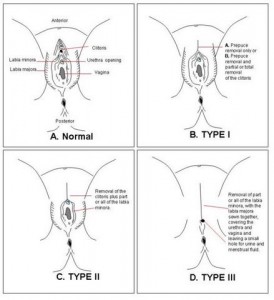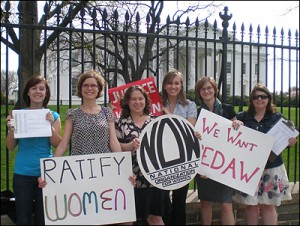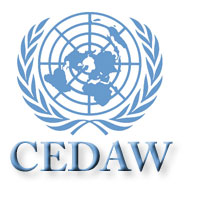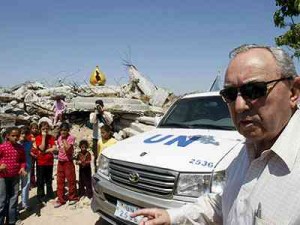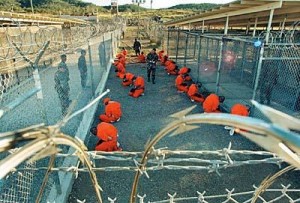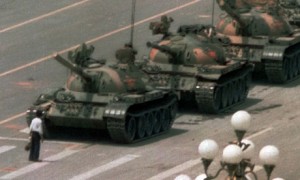Stephen Thompson is a graduate of Drew University with a focus in International Relations. With a great deal of experience related to the United Nations both from coursework and an internship in the UN Secretariat, Stephen’s research focused on the international legal system (the International Criminal Court, the UN Human Rights Treaty Bodies), women’s and gender equality (Female Genital Mutilation, women’s political participation, LGBT rights), peacekeeping and peacebuilding operations (effectiveness, lessons learned), and the One UN program aimed at enhancing system-wide coherence for UN programs implemented domestically. A future law student, Stephen hopes to have the opportunity to enact systematic changes in the international legal system that will better protect and represent all of the peoples of the world and make justice a universally accessible ideal.
Most commented posts
- Remembering Rwanda — 2 comments
- Opposing Equality: A Cross Comparison — 2 comments

